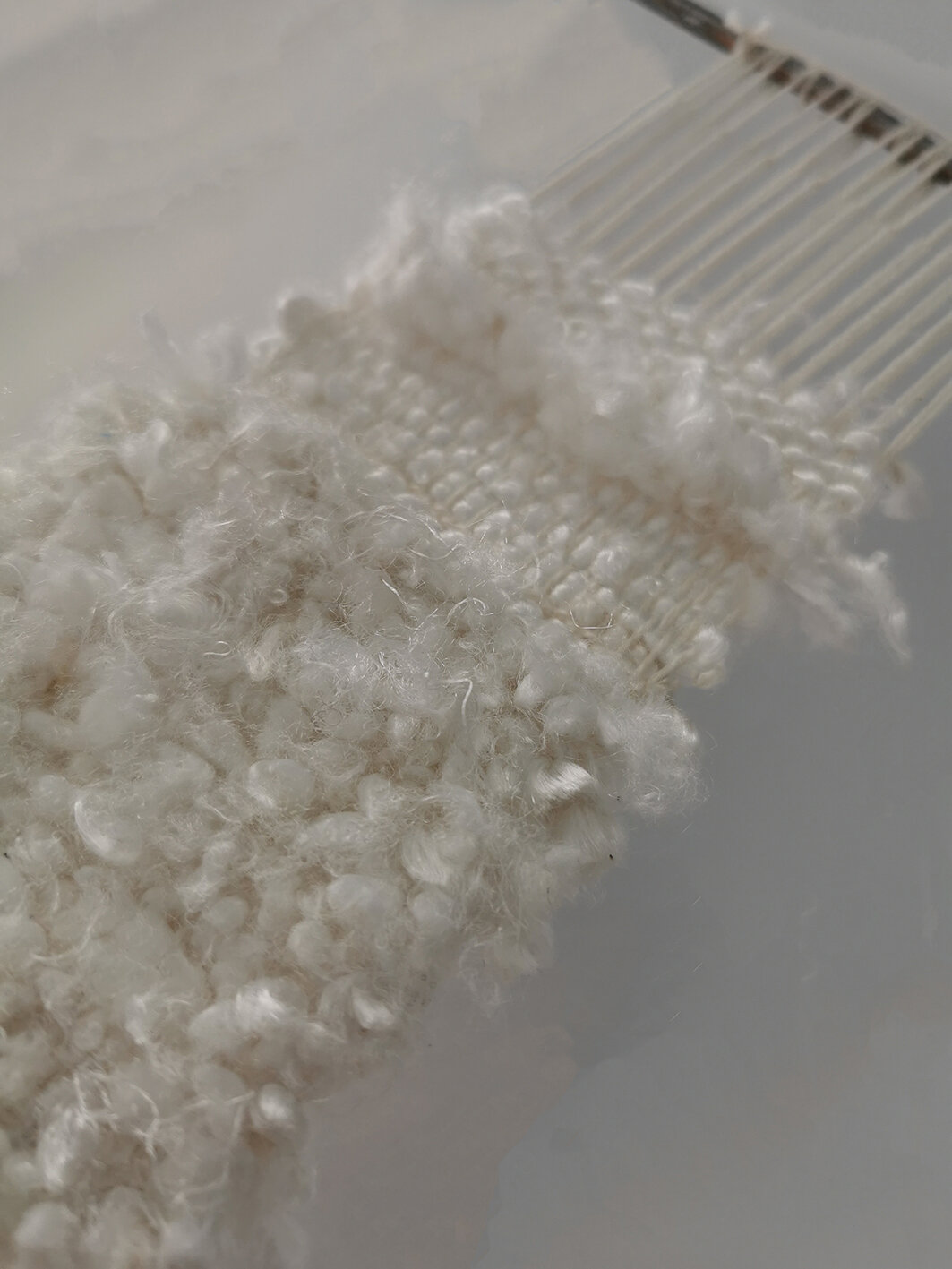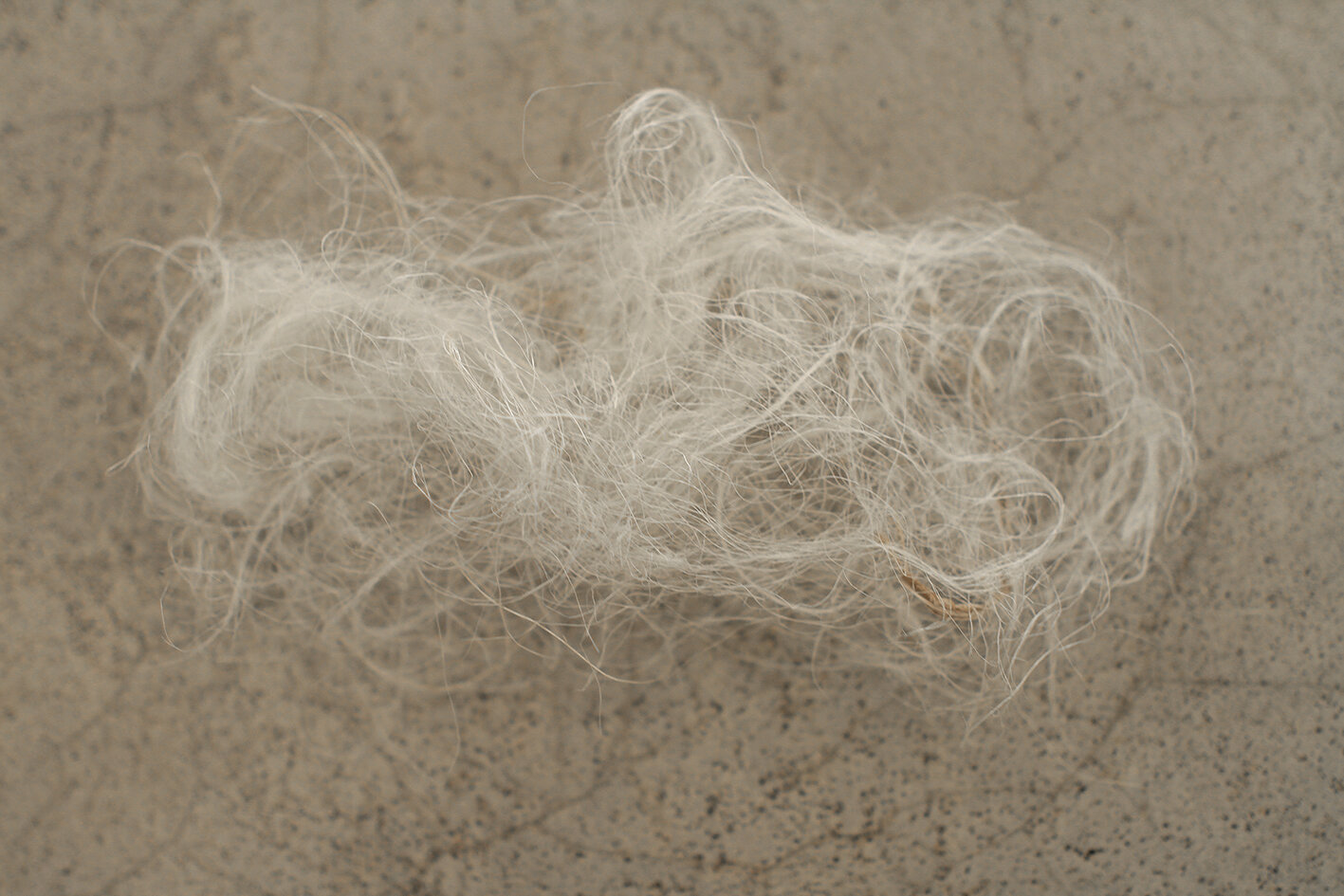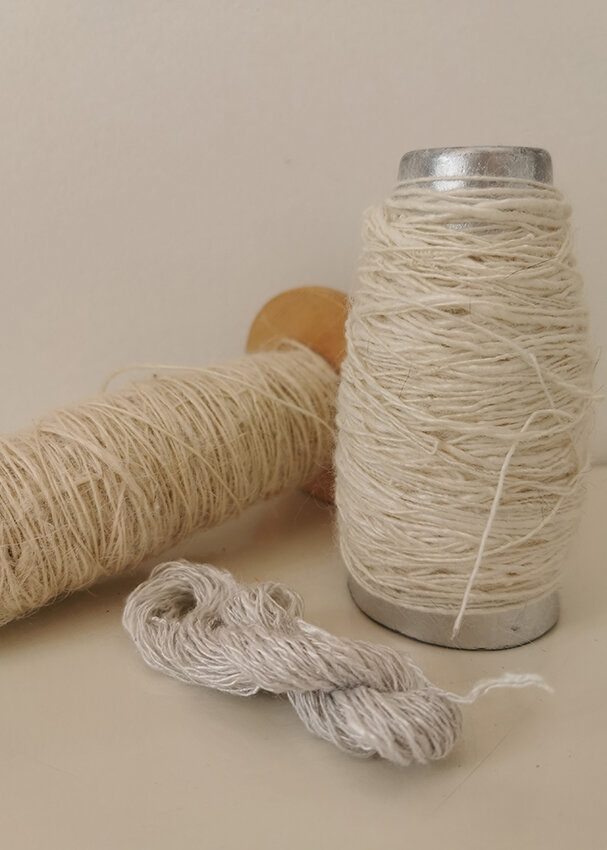For this project, I have localised a national waste stream that will be redirected back into the supply chain as virgin material. There is huge unnoticed potential in the high volumes of residues arising from the agricultural sector. Less than 2% of these are put into productive use and the majority of the current ‘bio-valorisation’ activities downgrade them to products like ethanol, biogas, bio composites and paper. This project has identified an opportunity to upcycle the biological waste from banana agriculture as a raw material for the textile industry thus challenging these notions of waste and value. If the potential of by-product commercialisation is properly promoted it could create new streams of production, generating jobs in all stages of production, from rural areas to middle income workers, thus helping the country’s economic growth whilst maintaining local integrity.
Biodegradability has become a desirable quality for objects and things when we talk about eco-conscious sustainability. But, in a material intensive system, circularity doesn’t seem to be the magical fix to the problem. As I mentioned before, this project seeks to utilise already available resources which have not been exploited beneficially, as a means of dealing with our over-extractive business models.
Previous
Previous
The Compostable Collection
Next
Next











